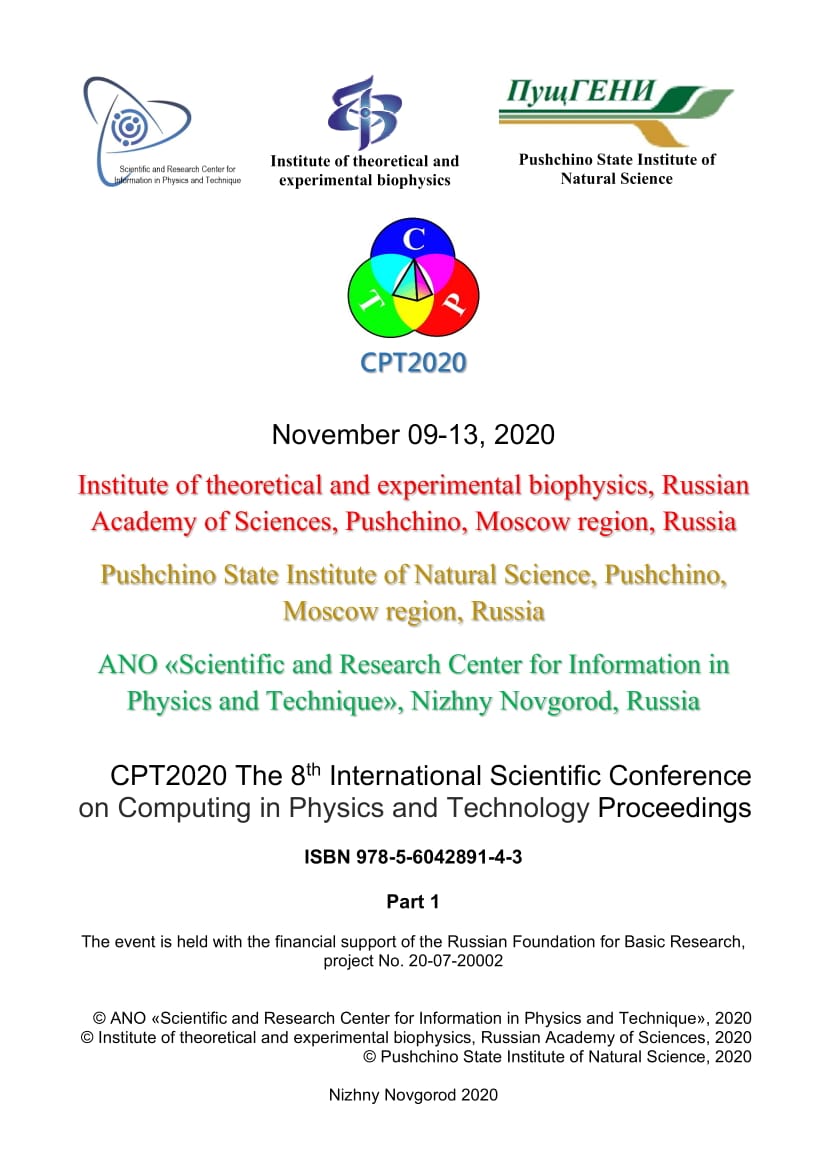Moscow, Russian Federation
Moscow, Russian Federation
BISAC SCI086000 Life Sciences / General
Widespread digitalization of the modern society - the emergence of digital devices, the introduction of Internet of Things, the development of Big Data processing and other technologies result in new challenges. Not only industrial and corporate automation that has already been considerably covered by the legislation initiatives but also the digitalization of everyday life has started to constitute a critical infrastructure in the modern society. This largely happens because digital devices substituting traditional technologies owned by citizens are incorporated into corporate, financial and state business processes. For instance, citizens’ devices are becoming the source of primary data for energy and utility companies. More opportunities for the direct interaction of automation solutions between themselves resulting in a controversial synergy effect have been emerging recently. The article addresses specifics of citizens’ digital infrastructure in the light of critical infrastructure, in particular the necessity and special aspects of legal and regulatory framework and possible development trends of this functionality.
Internet of Things, Big Data, smart contract, digitalization, critical infrastructure
1. Federal Law of July 26, 2017 N 187-FZ "On the Safety of Critical Information Infrastructure of the Russian Federation" (available at http://static.kremlin.ru/media/acts/files/0001201707260023.pdf July 2017).
2. Grin O.S., Grin E.S., Solovyov A.V. The Legal Design of the Smart Contract: The Legal Nature and Scope of Application. Lex Russica. 2019;(8):51-62 Lex russica. 2019;(8):51-62.] (In Russian).
3. Reinhold L.A., Slavin O.A. Socio-economic technologies as a generalization of trends in socio-economic development // Proceedings of the Institute for System Analysis of the Russian Academy of Sciences. Intelligent information technology. Applied aspects. M .: 2005.p. 40-55.
4. Volos A.A. Smart contracts and principles of civil law // Russian Justice. 2018. No. 12. P. 5-7 [Volos A.A. Smart-kontrakty i printsipy grazhdanskogo prava // Rossiyskaya yustitsiya. 2018. № 12. pp. 5-7].
5. Smart Contracts and Distributed Ledger - A Legal Perspective // ISDA Linklaters. - August 2017. (available at https://www.isda.org/a/6EKDE/).
6. Gaetan Guerlin. Considerations sur les smart contracts. Dalloz IP/IT. Droit de la propriete intellectuelle et du numerique. 2017. № 10. pp. 512 - 513.
7. What Is Uber and How Do You Use it? (available at https://www.uber.com/ee/en/ride/how-it-works/).
8. Smart-Contract: is the Law ready? (available at https://digitalchamber.org/smart-contracts-whitepaper).
9. Federal Law of July 27, 2006 No. 152-FZ On Personal Data (available at http://www.kremlin.ru/acts/bank/24154).
10. Arizona State Law of March 29, 2017. Arizona House Bill 2417. (available at https://legiscan.com/AZ/text/HB2417/id/1588180).
11. In March, the State Duma may adopt a law on digital financial assets (available at https://versia.ru/gosduma-mozhet-v-marte-prinyat-zakon-o-cifrovyx-finansovyx-aktivax February 2020).
12. Bogdanova E. E. Problems of the use of smart contracts in transactions with virtual property. Lex russica (Russian law). 2019.No 7 (152). pp. 108-118.





